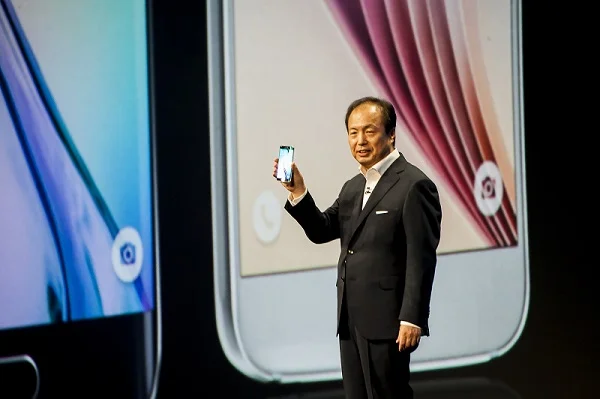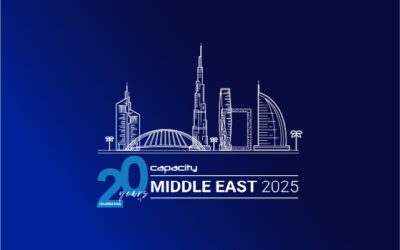This year’s Mobile World Congress, held in Barcelona 22-25 February, was full of innovative technologies and spectacular product launches. Among all the glitz & glamour, one of the groundbreaking moments was the one when global mobile operators, including América Móvil, Bharti Airtel Ltd, Deutsche Telekom, Etisalat, Globe Telecom, KPN, Millicom, MTN, Orange, PLAY, Smart Communications, Sprint, Telenor Group, TeliaSonera, Telstra, TIM, Turkcell, VimpelCom, Vodafone, the GSMA, and Google have announced the launch of mobile industry initiative to accelerate the availability of Rich Communication Services (RCS).
Why is this news so important? Because communication is of the biggest importance in our digital, future-driven world. We are so used to have all our friends and family members in the palm of our hand that just SMS is not enough. Everything is moving from online to mobile, people are sharing so many information and want to be able to communicate not only through words, but through images, videos, GIFs and so on.
What is RCS?

SMS was (and is) the easiest and most popular means of communication in the world. Simply because every mobile phone is SMS enabled and everyone knows how to use it. But texting is still based on an SMS protocol which is unable to carry Internet data. And we all know that mobility is dominating our world and mobile Internet consumption is surpassing fixed Internet. Mobile Internet penetration in 2015 reached 44% and according to GSMA it will grow up to 60% till 2020.
The power of mobile internet was smartly leveraged by so many Over-The-Top (OTT) messaging apps which managed to overtake the dominance in people’s everyday mobile communication. Because they use mobile Internet that enables people to communicate for free, send images, videos, audio files and so on. SMS market has become even more endangered when WhatsApp announced in January this year they’re testing new tools that will allow people to use WhatsApp to communicate with businesses and organizations they want to hear from. This is a direct threat to the SMS messaging dominance in B2C market for so many years.
Mobile operators have realized that texting is in serious danger and if they want to keep it alive, it has got to evolve. A new SMS ‘revolution’ has begun since MNOs worldwide have started adopting a new technology called Rich Communication Services (RCS).
RCS, or Rich Communication Services, is the platform that enables enriched communication and messaging. Simply put, RCS is enhanced SMS and MMS. It works with text, images and video, providing ability to communicate individually and / or via a group chat, to see when your message is delivered and when a person you’re communicating with is typing a reply. Also, one of the benefits is ability to send large files, images or videos, up to 10MB. All of these features are unavailable with standard SMS. But, since SMS is still the only feature in common to all mobile phones, being ‘smart’ or not, it’s very important for all carriers to enhance the most widespread communication technology.
RCS standard have been defined in 2007 by the GSMA (GSM Association – an association of mobile operators) but this year Google has decided to back up MNOs and enter the game by providing RCS messaging client in Android. The initiative will enable all operators worldwide to provide an open, consistent, and globally interoperable messaging service across Android devices. Operators have agreed to transition toward a common, universal profile based on the GSMA’s RCS specifications and an Android RCS client provided by Google in collaboration with operators and OEMs (Original equipment manufacturers).
Sources:





